Bnny Reflects on Grief, Death & Moving On in Debut LP Everything (Fire Talk Records)
via Bnny
Drawing on the breathy charm of the Velvet Underground and Mazzy-Star, Chicago-based quartet Bnny gently guide us into the lone country of grief with their debut album Everything. Written in sessions that span several years by singer Jess Viscius as she processed the death of her partner, the album is a chronicle of love at its most complex and loss at its most persistent.
Viscius mulls over her responsibilities, bites back at broken promises, and occasionally finds herself adrift. Standout tracks include "Sure," where she circles around the titular word, testing its meanings and applications as a positive affirmation, a guarantee, and as an exhausted acquiescence—and finding a weakness at the core of each meaning. "I'll change," she sings in a disassociated loop in "August," as if she's trying to enchant herself into doing so. But my favourite track by far is "Time Walk," a bouncy reflection into the past that feels like flipping through memories while still moving on with your life.
We caught up with Jess to chat about how she got her start in music, the Chicago scene, and more.
via Bnny
Malaika Astorga for Also Cool: Hi Jess! Let's start with a quick intro, where are you from, and what was the music/art scene like when you were growing up?
Jess for Bnny: I grew up in the suburbs of Chicago. In high school, it was a lot of dudes in emo bands playing shows in their parent's garages. At that point, it hadn't even occurred to me that I could play music myself; I was always just a listener. At 16, I got my driver's license and a forest green Toyota Camry that my sister and I named Rebecca. After that, I spent my weekends going to shows and trying to make friends in the city.
Also Cool: I read that you got your start in Bnny after picking up a guitar that a friend left behind. How do you think you've grown as an artist since then, and how has music re-shaped your life?
J: So much has changed since then. Back when I was just starting to hang out in the Chicago music scene, I was making lots of friends, and everything felt so exciting. I also remember feeling very intimidated. Today, I'm much more self-assured and feel a certain purpose within how I relate to music. The Chicago music scene has become such an integral part of my life; it's an incredible community to be a part of.
AC: What have you learned about friendship through music? Whether it be negotiating with bandmates or documenting friendships and experiences through sound?
J: I'm so grateful to my friends who make these songs come to life. My bandmates are all so funny; sometimes, we spend more time laughing and messing around than actually practicing at practice. Something I realized about myself through music is that I'm sort of a control freak. I typically associate myself with being a type B personality, so this was a surprising discovery. I've learned the importance of letting everyone explore their own ideas and trusting in the process. Allowing that space helps us grow and learn from one another.
via Bnny
AC: I love the concept of clarity in motion. I find that I'm able to process whatever I feel when I'm in motion as well. Can you speak more to the concept of continuing to move forward while still honouring and acknowledging the past?
J: I think accepting your past allows you to be present in your future. Cherishing the journey that led you here, flaws and all. Learning from mistakes and just setting out to be the better version of yourself.
AC: Switching gears a bit here, who are some creatives in your life who you think deserve more recognition?
J: My friend Alyx is an amazing artist/ fashion designer: ig: @_harch
My friend Mina runs the best eCommerce store: ig: @maimoun
My friend Nicole makes the best visuals: ig: @nicole.ginelli
My bandmate adam just released his beautiful solo debut record: @ulnaband
AC: Lastly, what is your most optimistic vision of the future right now?
J: Everything is so overwhelming right now, but checking in on your friends, finding different ways to get involved in the community, helps everyone feel less lonely. Whenever I get stressed, I remind myself to take things day by day or hour by hour (minute by minute if I'm feeling especially unhinged). I'm definitely looking forward to permanently retiring my mask... one day : )
Bnny
Malaika Astorga is the co-founder of Also Cool. She is a Mexican-Canadian visual artist, writer, and social media strategist currently based in Montreal.




































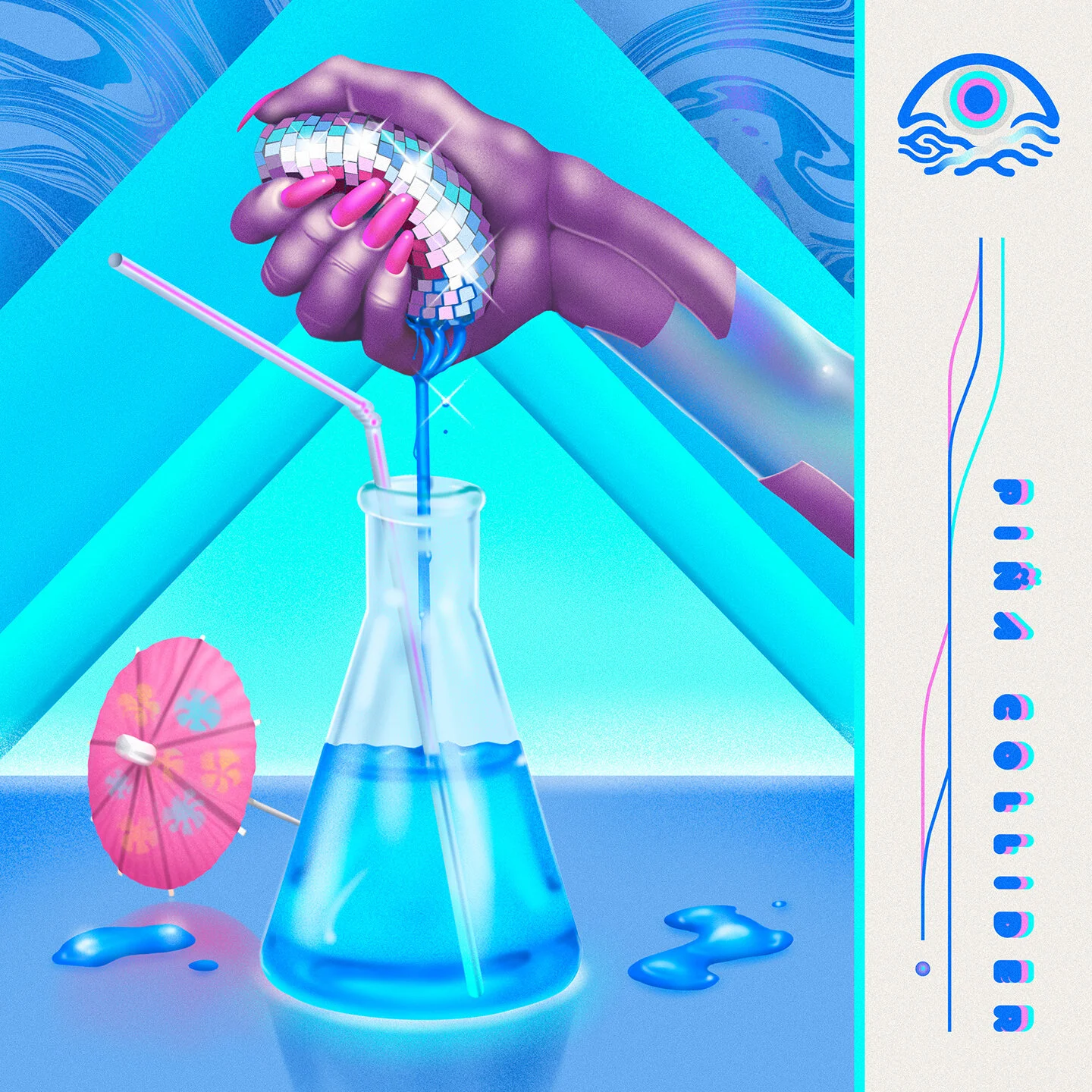
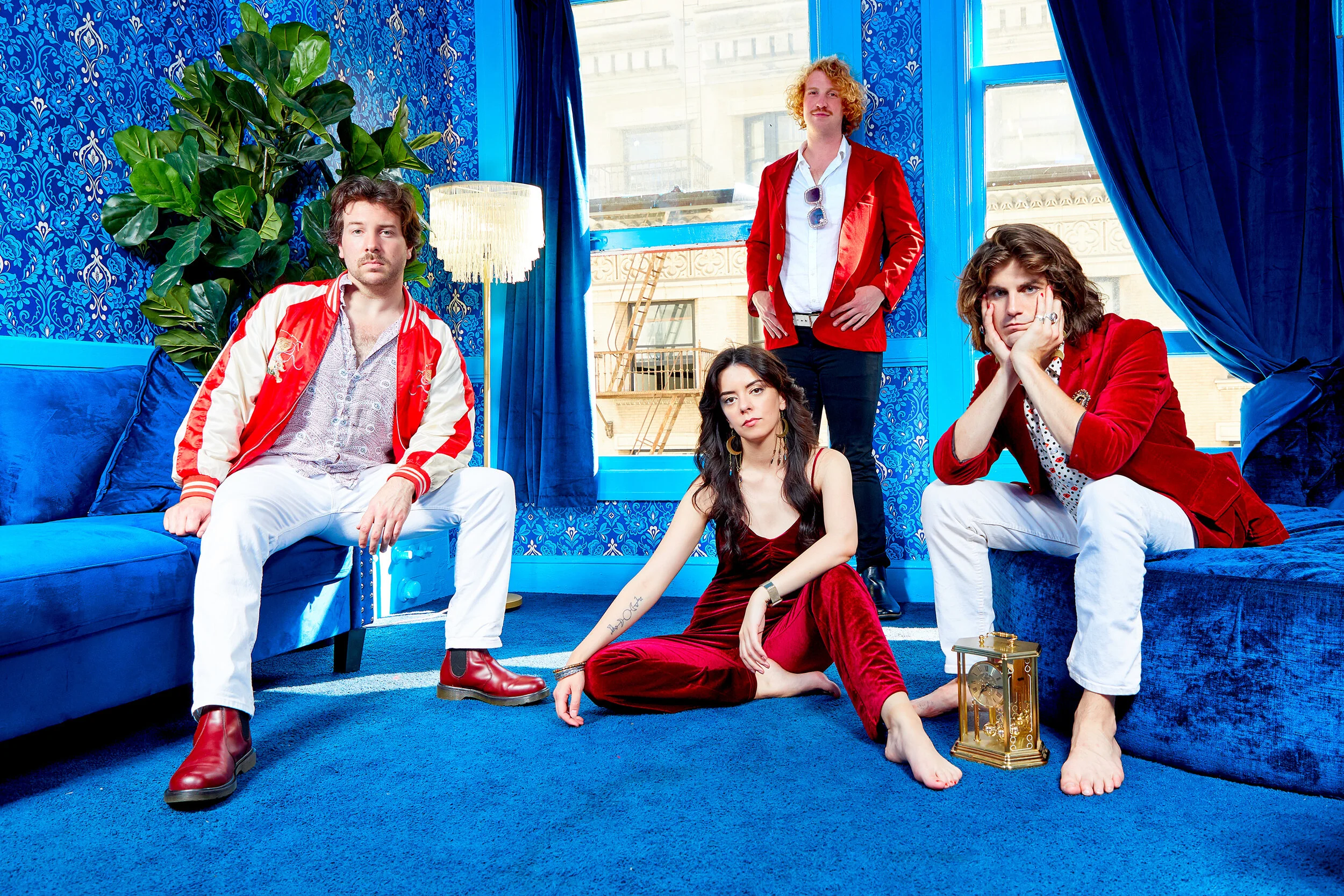






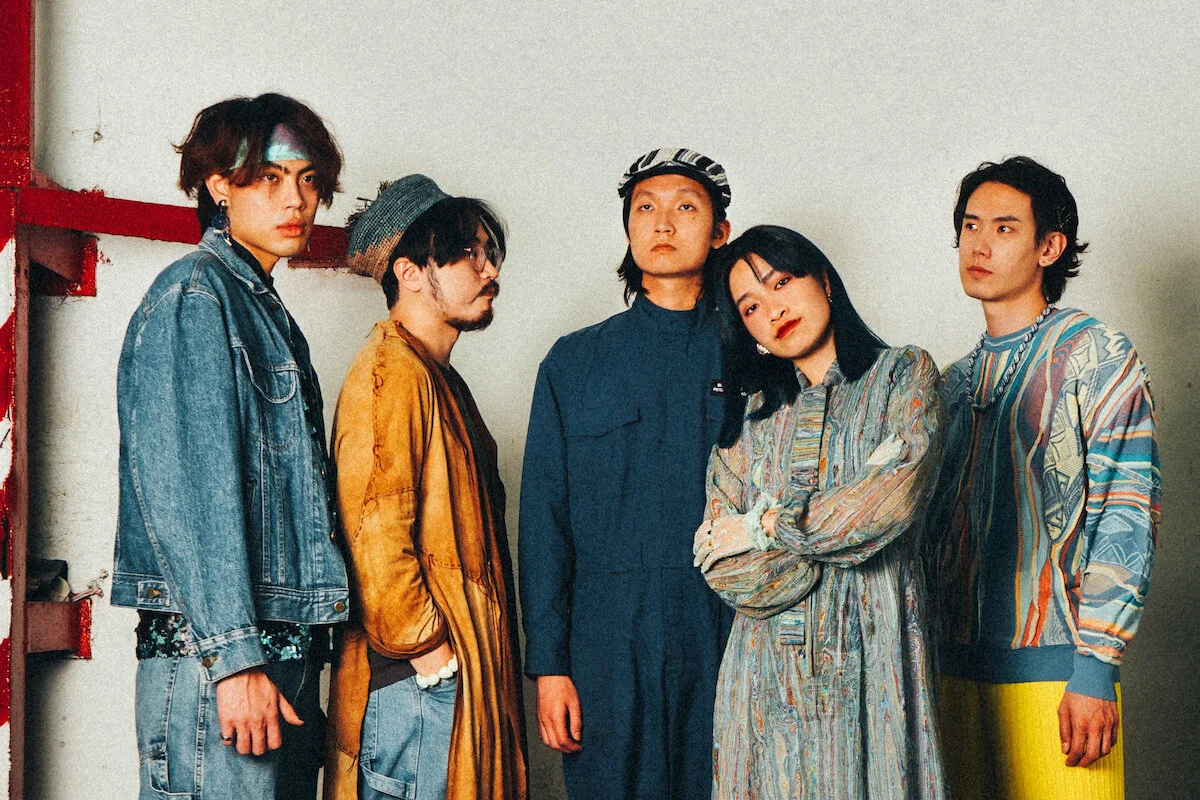


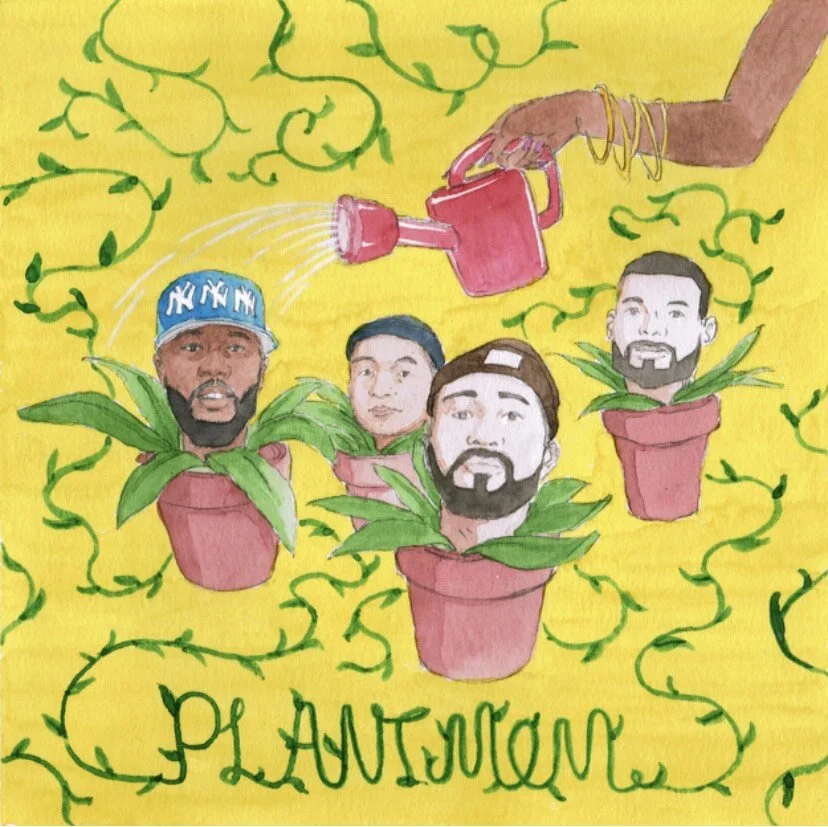




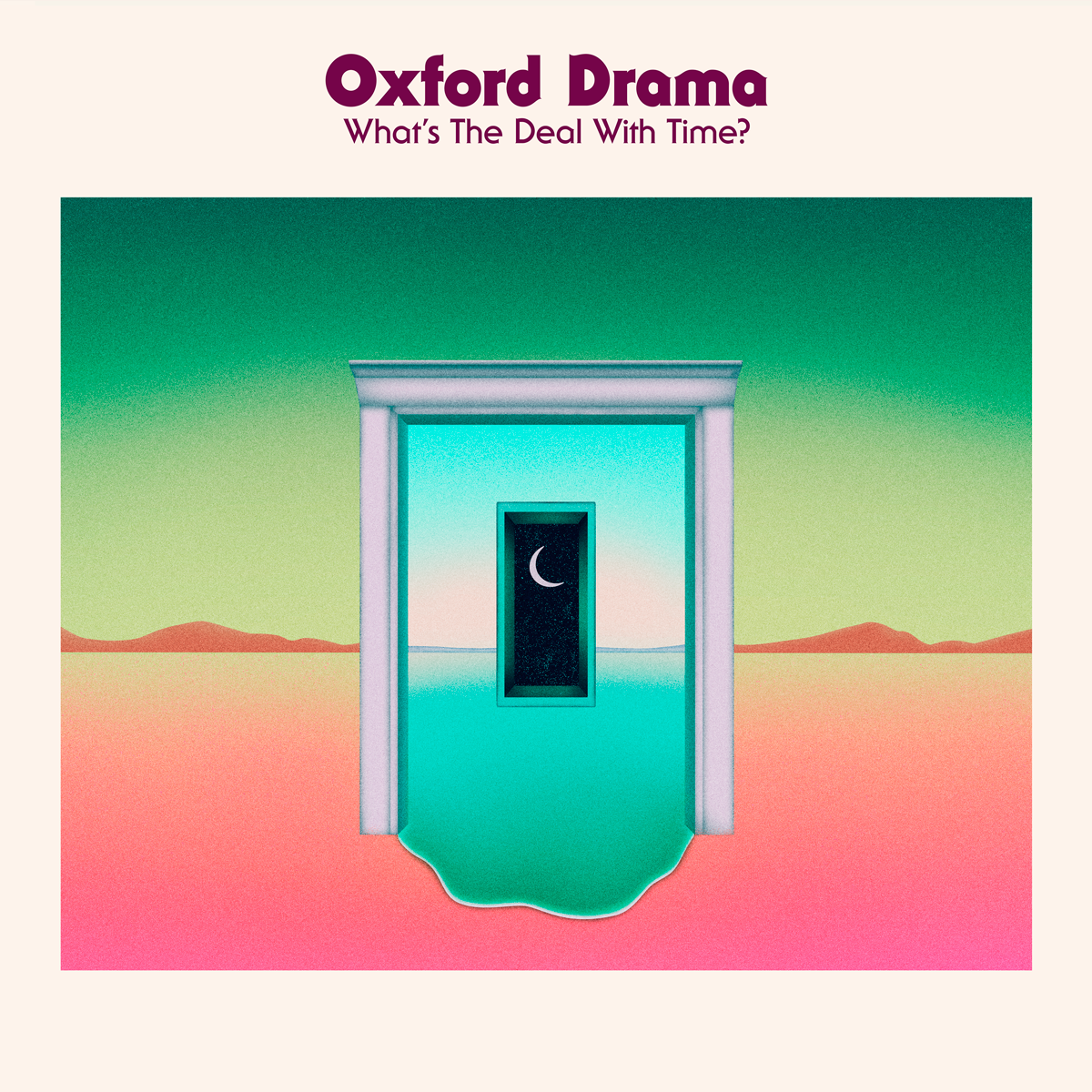


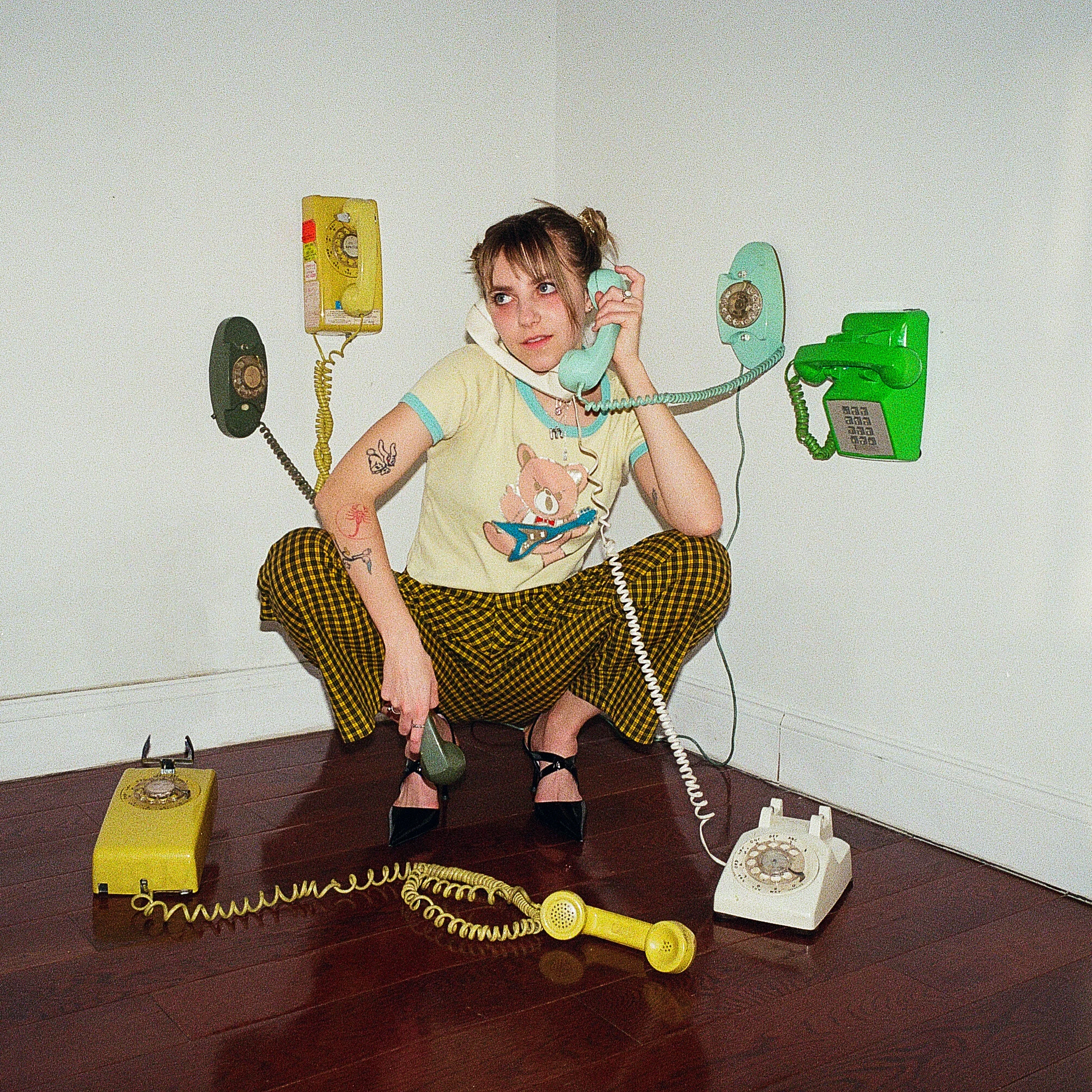


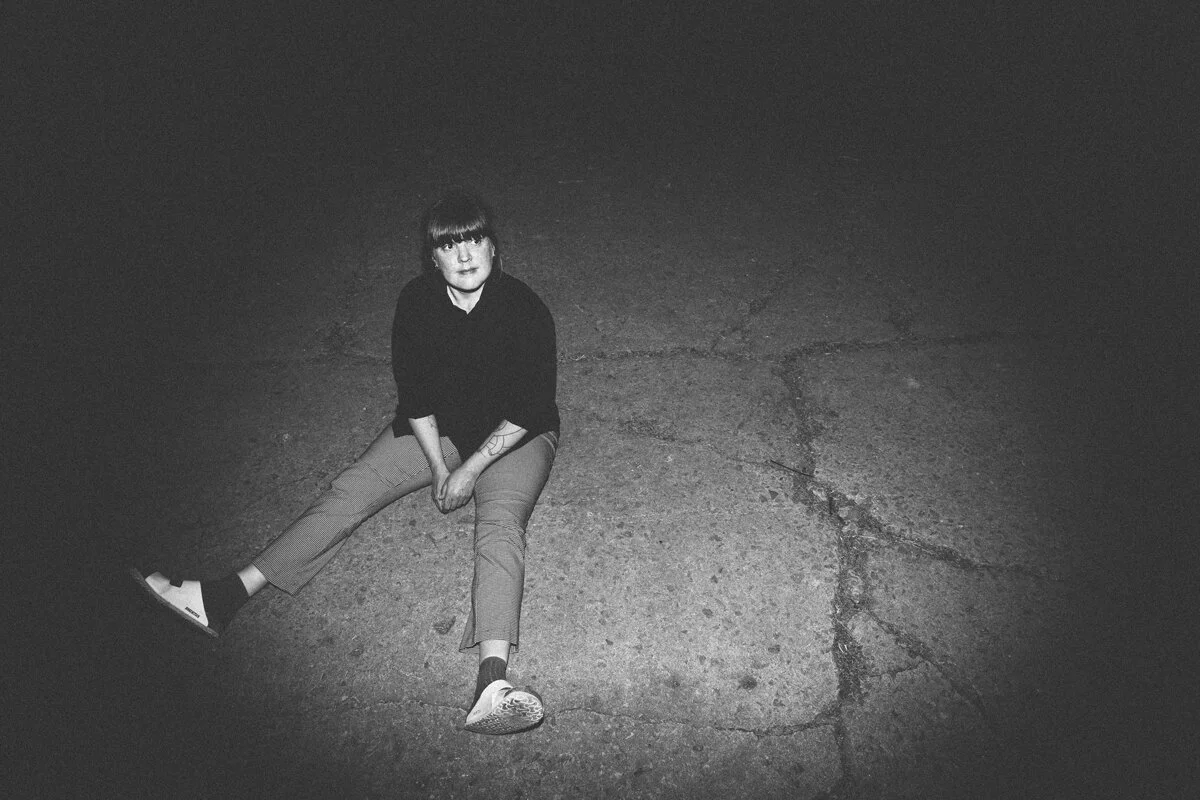
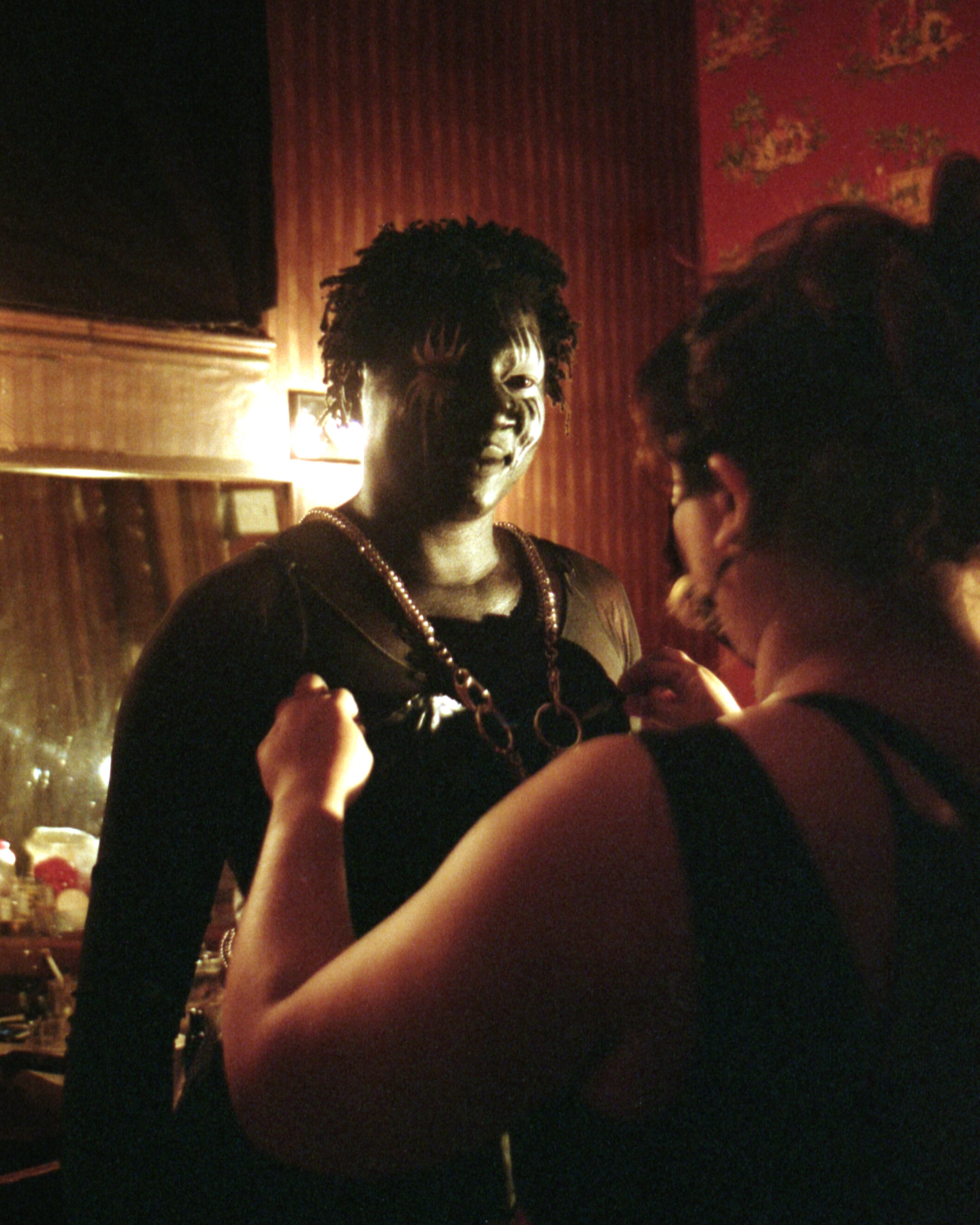
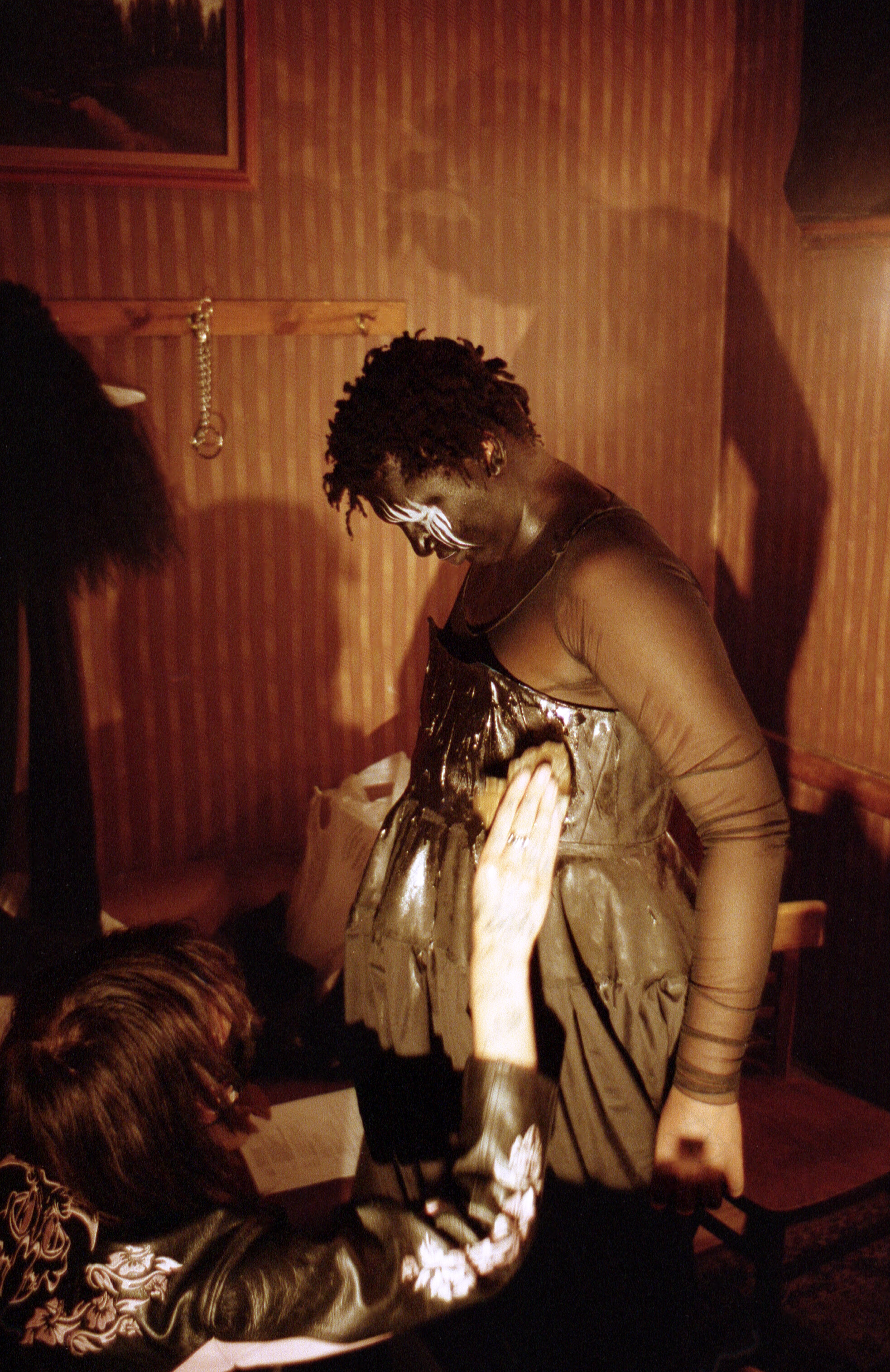
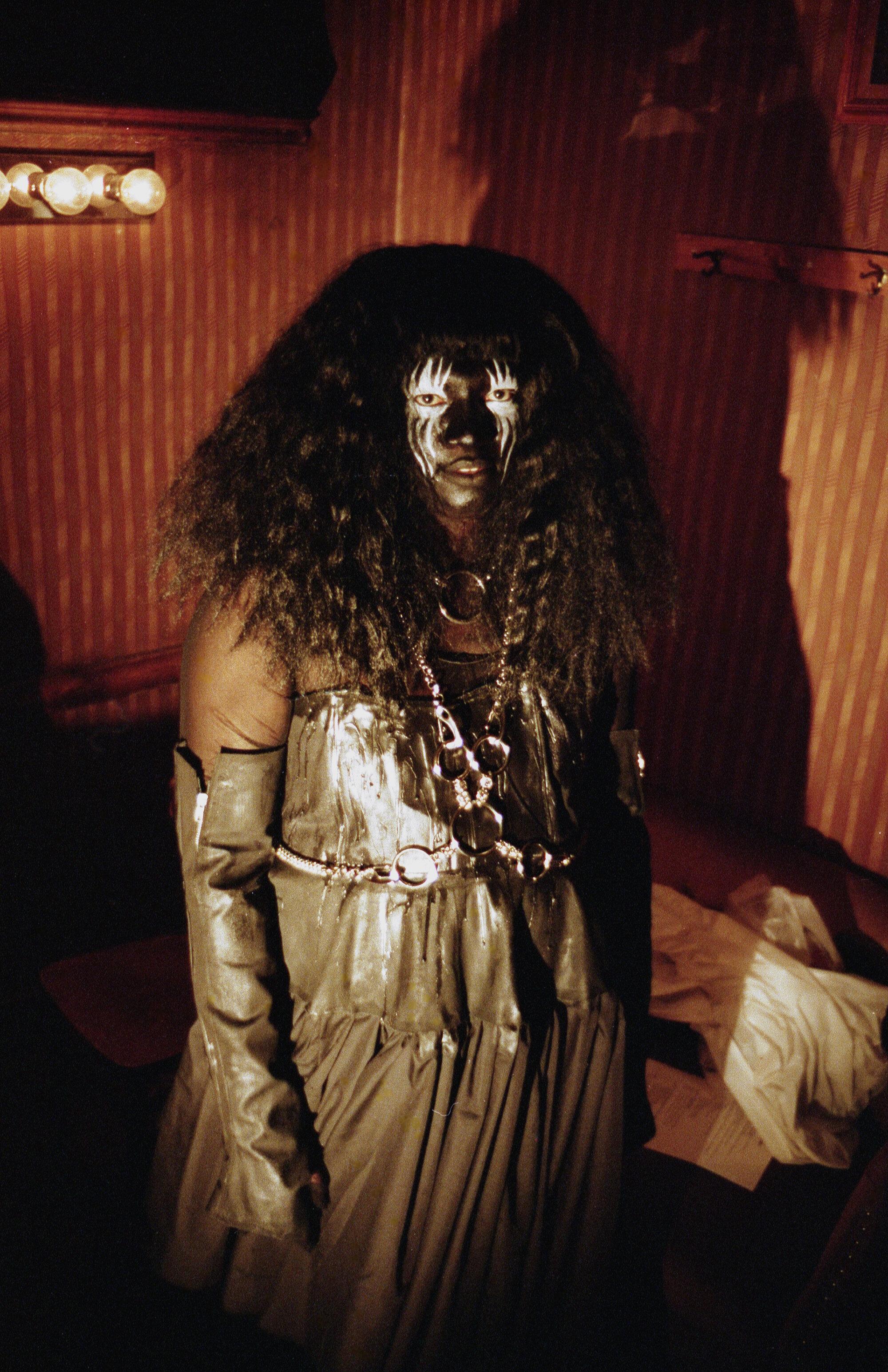
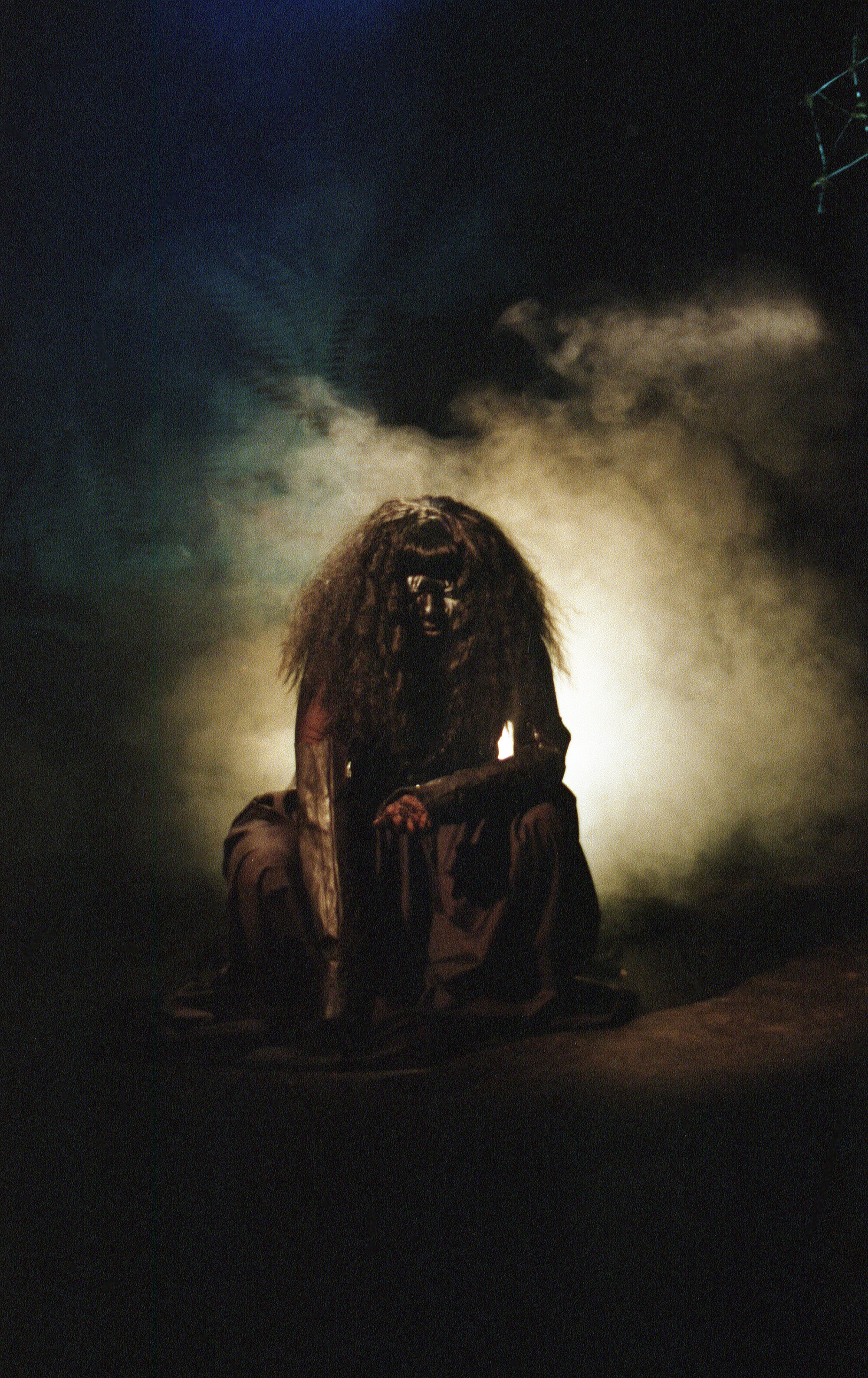
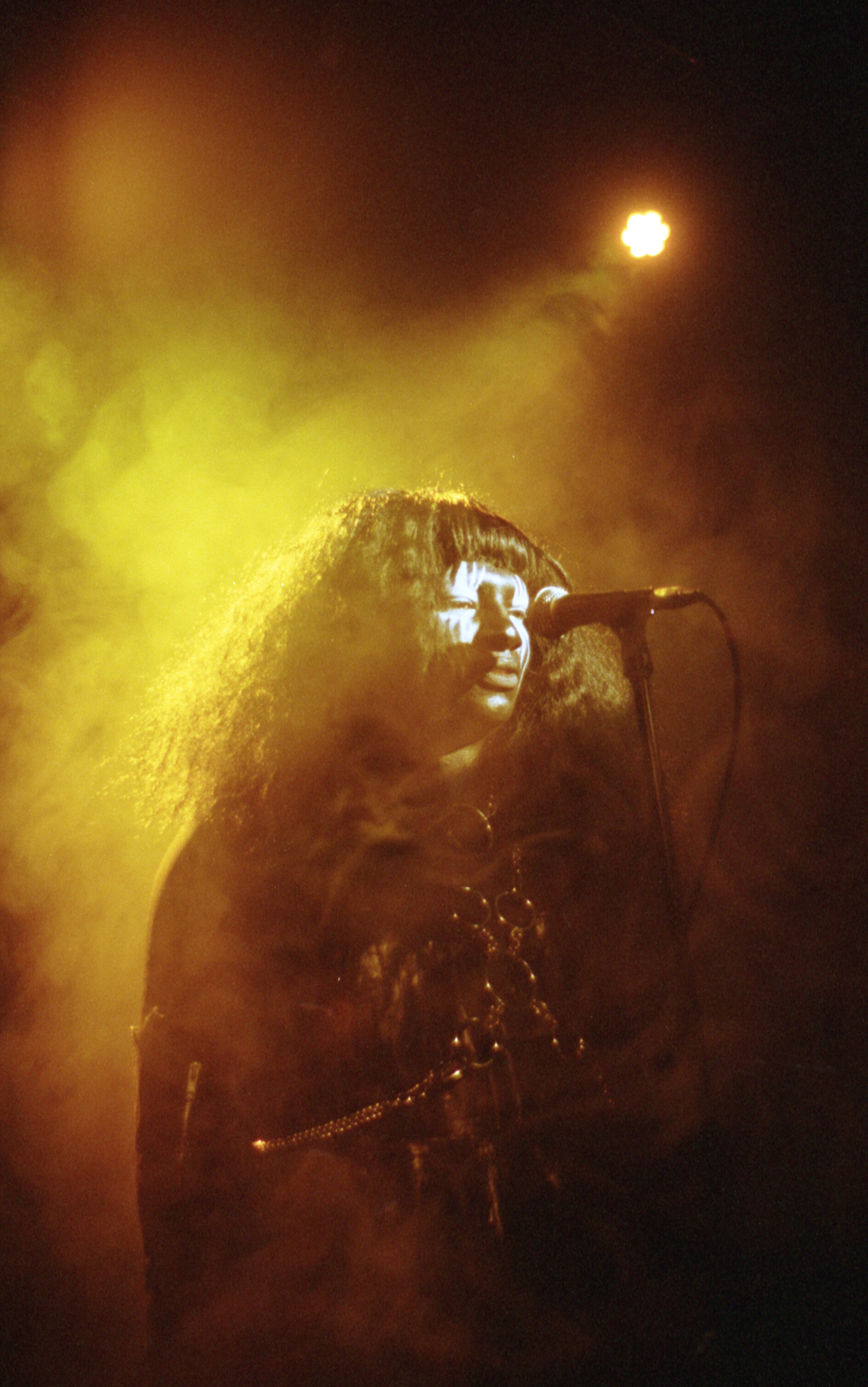
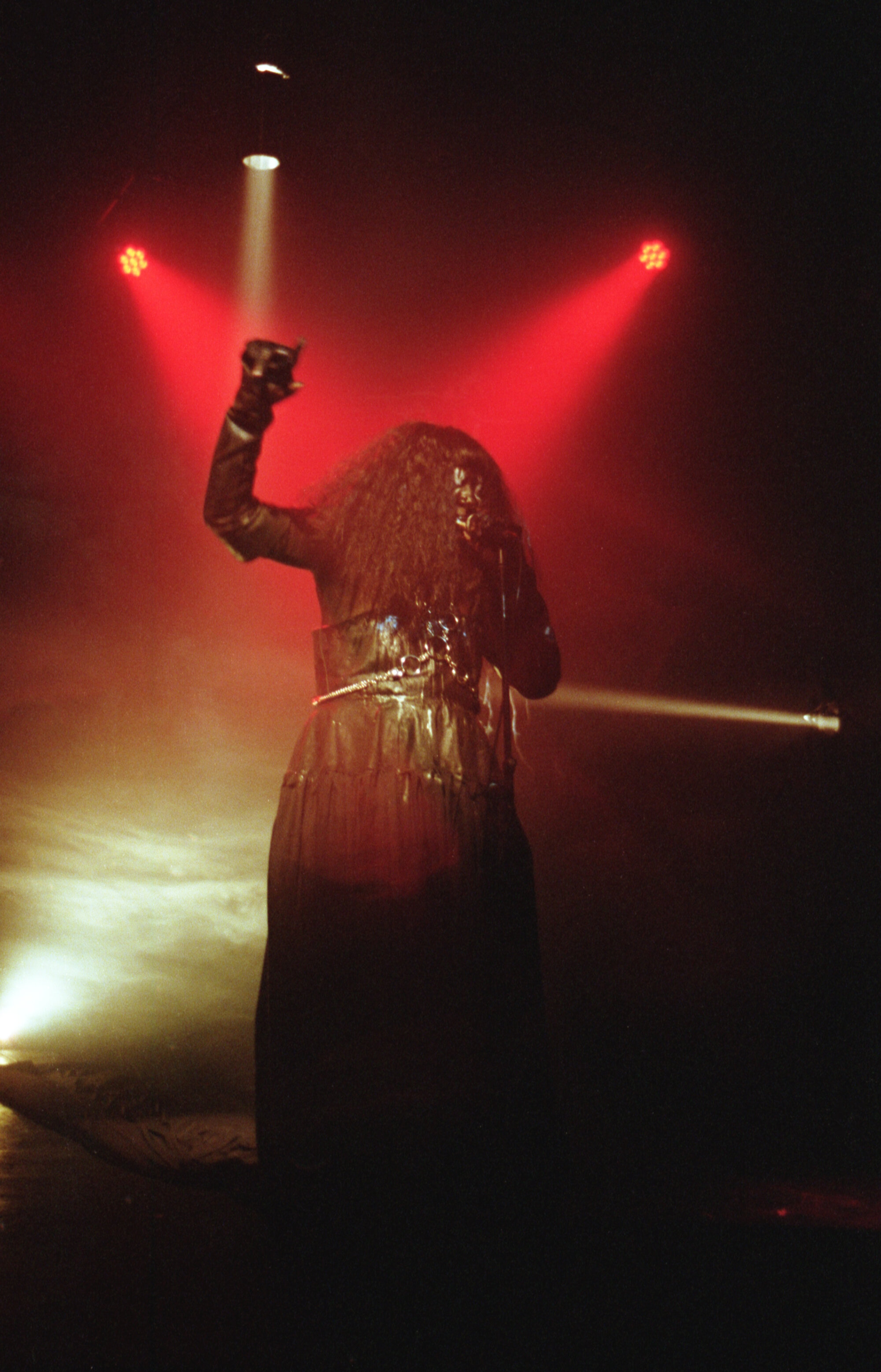


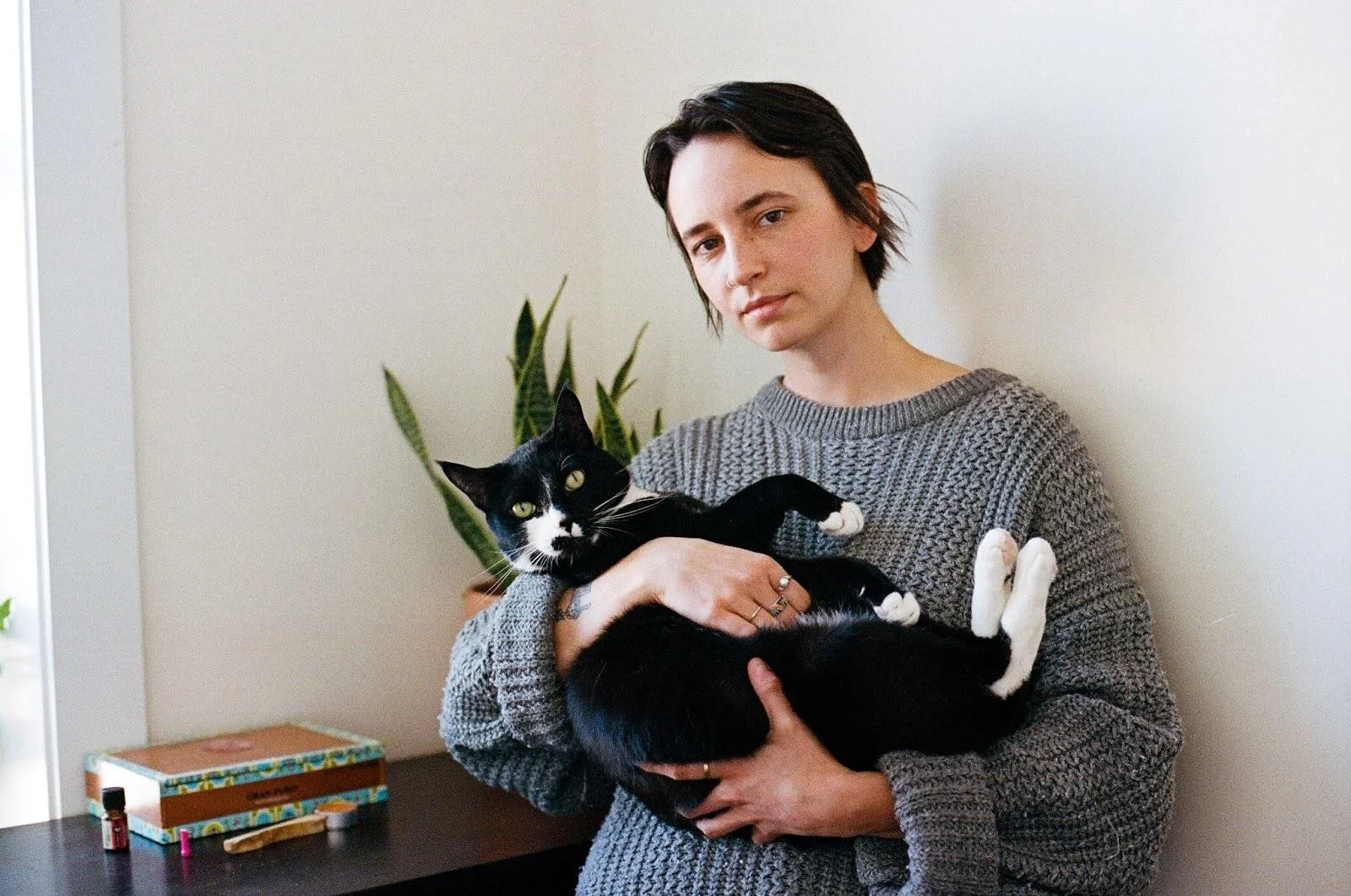


![Still from CHINESE AMERICAN BEAR - 好吗 (Hao Ma) [Official Music Video]](https://images.squarespace-cdn.com/content/v1/5da4c68a227a253ac912f3a7/1622174711447-JA7UM0CWABBD4NOCS7AV/Screen+Shot+2021-05-28+at+12.05.06+AM.png)
![Still from CHINESE AMERICAN BEAR - 好吗 (Hao Ma) [Official Music Video]](https://images.squarespace-cdn.com/content/v1/5da4c68a227a253ac912f3a7/1622174896425-216R0UJG7NA2D1CV5VV3/Screen+Shot+2021-05-28+at+12.07.21+AM.png)